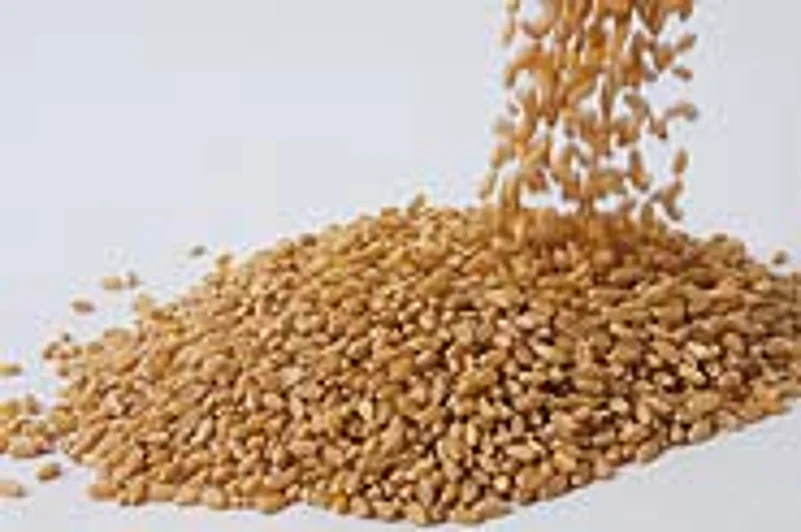
Contaminants DDT/HCH (hexachlorocyclohexane), aflatoxin, rat hair and excreta
Health Hazards Retards reproductive capabilities, carcinogenic, linked to seizures, blood disorders, brain and breast cancer, Tourette’s Syndrome and Parkinson’s disease
Remedy The good news is that most pesticide residue gets removed with husk; anything that remains is destroyed when you bake at high temperature, as with chapatis and bread. But to be doubly sure, you’d have to follow granny’s methods: buy the grain, pick out dirt, wash and grind at neighbourhood mill.
Rice
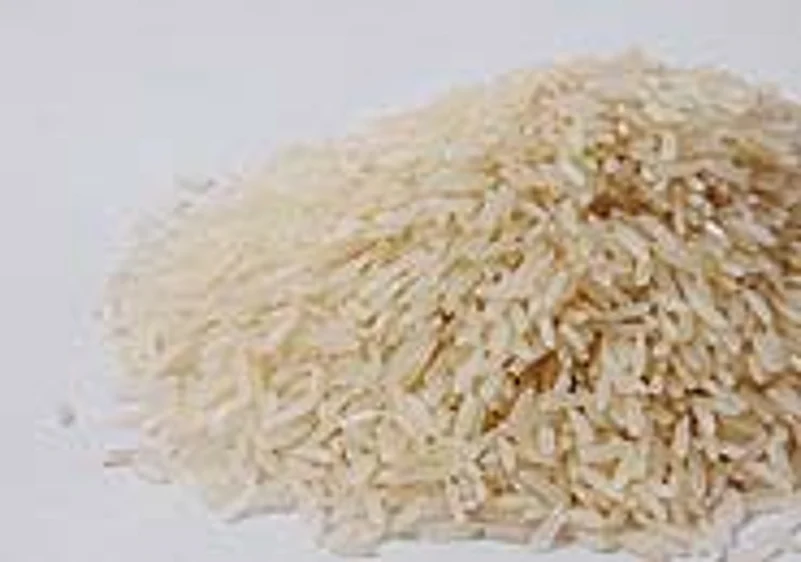
Contaminants DDT/HCH/arsenic absorbed from groundwater
Health Hazards Same as wheat
Remedy You’ll have to spend more time on cooking rice than you’d imagined: First check the uncooked rice for discoloured grains (could have aflatoxin) and other unmentionables; then soak in lots of water for at least half an hour. Rinse at least three times, scrubbing it hard under running water. Then cook it at 150 degrees centigrade. Pressure cooking is the only way to keep it at that heat. So what if it’s gooey, at least it’s healthy!
Dals
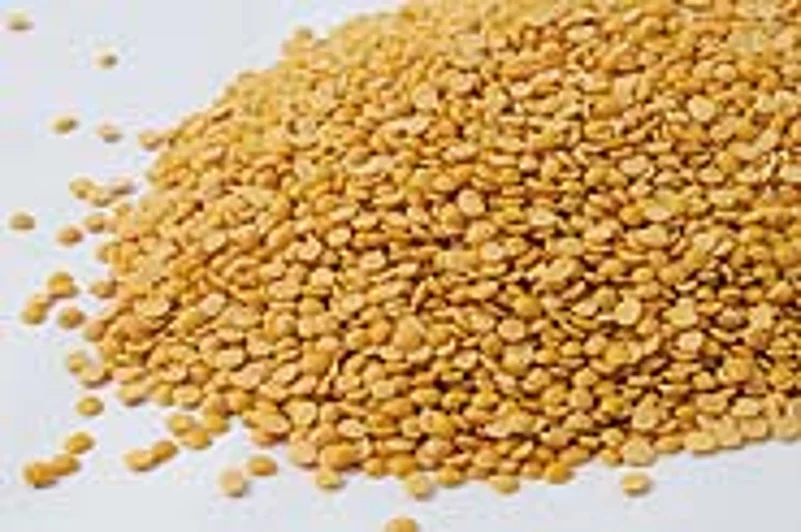
Contaminants HCH/rat hair/excreta
Health Hazards Same as wheat
Remedy Soaking for half an hour isn’t good enough—try one hour. Rinse/scrub 2-3 times to get rid of ‘dal mein kaala’. Boil at 150-190 degrees centigrade (good ol’ cooker again) until cooked to a pulp. As for sprouts, if you must eat them raw, try washing with salt solution (one per cent salt).
Milk
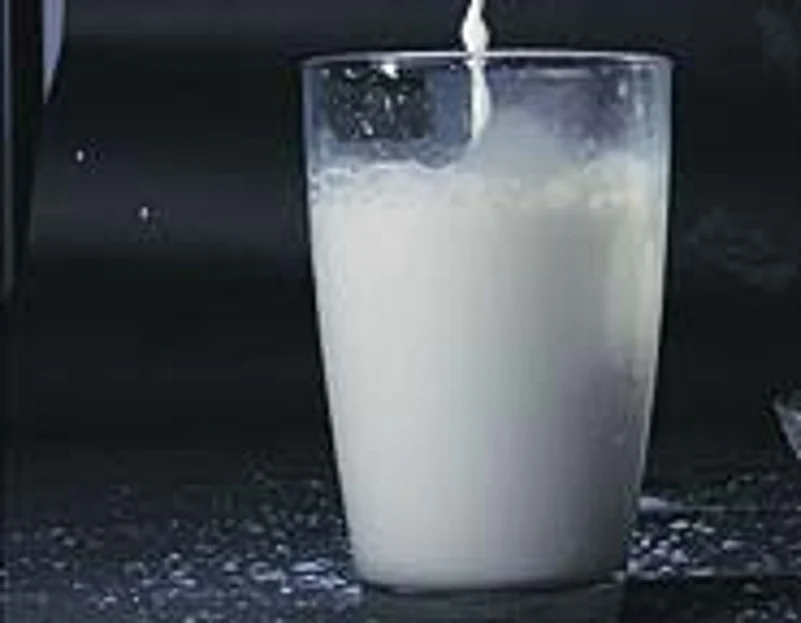
Contaminants DDT/HCH/ endosulfan/oxytocin hormone, synthetic milk, hydrogen peroxide
Health Hazards Apart from usual risks of ddt/hch/the contaminants affect kidneys, foetus and liver, could cause spasms and muscle contractions, stomach ulcers
Remedy Avoid the local milkman, there’s no knowing what’s going into the milk. Organised dairy milk is safer. Pasteurisation kills some pesticide residues. Boiling helps, but sometimes it only makes metal content more. Organised dairies are supposed to send milk to labs for advanced testing once or twice a month but there’s no knowing how stringently they follow prescribed standards.
Sugar
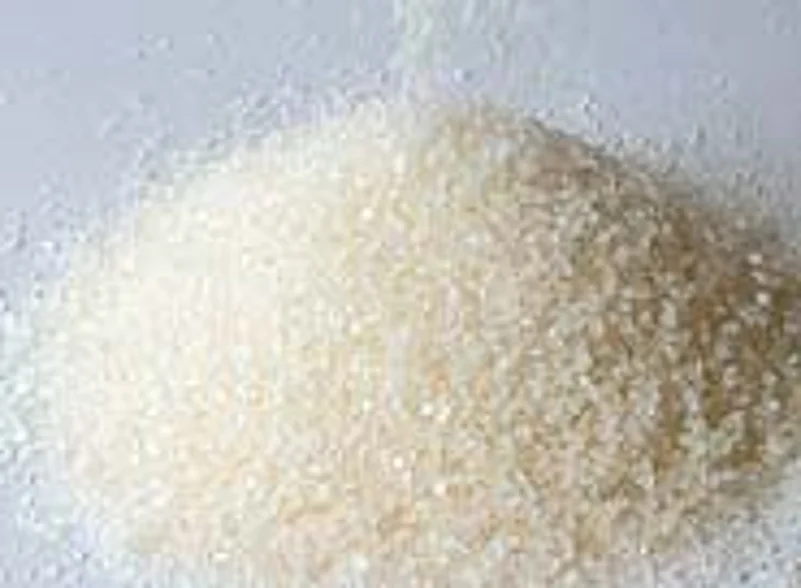
Contaminants Alachlor, DDT, Ethion, endosulfan, lindane, Malathion, monocrotophos
Health Hazards Affects kidney, foetus, liver. Could cause leukaemia, brain damage, chromosome disorders, lung damage, birth damage
Remedy Try brown sugar, maybe?
Meat
(goat/pork/chicken/beef)
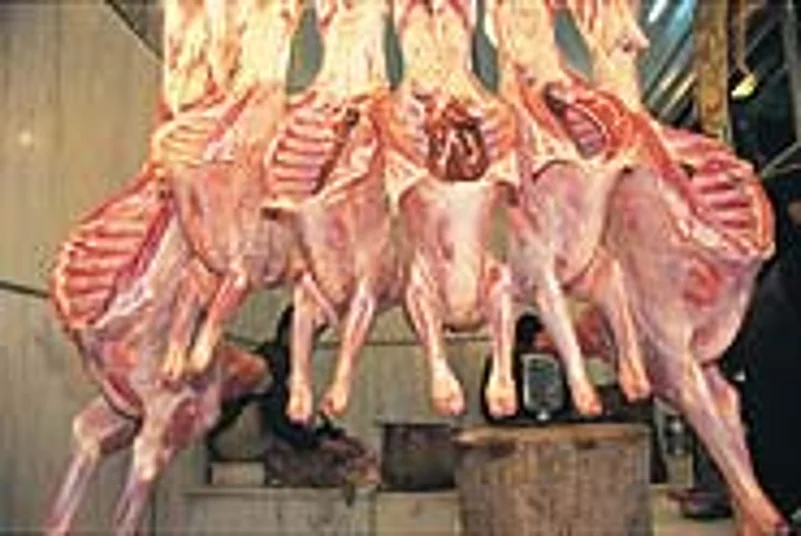
Contaminants Organochlorine pesticides, endosulfan, antibiotic and hormone residues
Health Hazards Carcinogenity, retarded reproductivity, neurotoxicity, mutagenicity, affects kidneys, foetus, liver. Could cause antibiotic resistance
Remedy Avoid liver, chicken and pork skin. Always cook at high temperature for at least 45 minutes. But you’ll have to live with contaminants that aren’t destroyed by heat until hygiene standards, regular monitoring/lab testing are imposed more stringently.
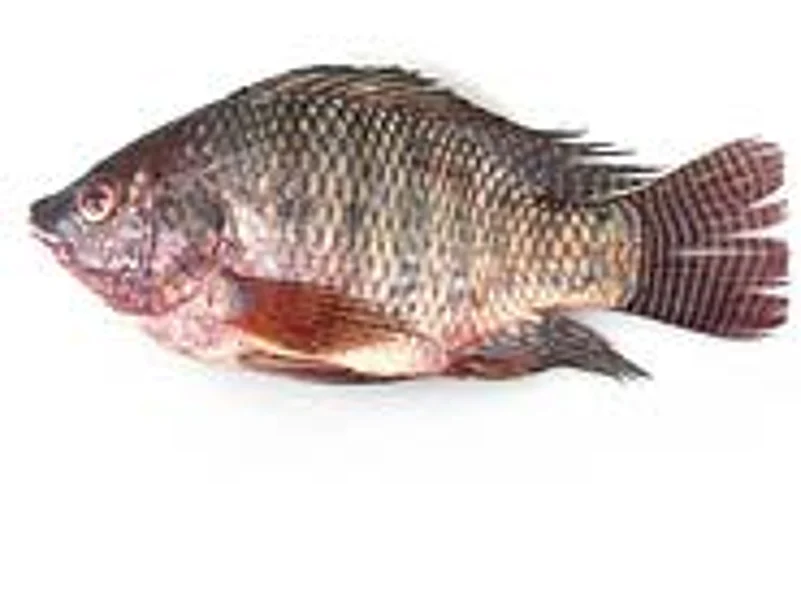
Contaminants HCH, DDT, methyl mercury, ammonium chloride, sewage, chemical effluents
Health Hazards Retards reproductivity, induces placental transfers, carcinogenic. Seizures, blood disorders, brain cancer in children, linked to both breast cancer and movement disorders such as Tourette’s Syndrome and Parkinson’s, endocrine and brain damage.
Remedy Try removing the skin and cooking at high temperature for 45 minutes. But there’s nothing you can do about the methyl mercury from contaminated water, nor is there any way of telling if your fillet has mercury unless you send it for lab testing.
Fruits and Vegetables
Contaminants DDT, HCH, Endosulfan, synthetic pyrethroids, carbamates and organophosphates, arsenic, lead, zinc, cadmium, copper, chromium
Health Hazards Seizures, blood disorders, brain cancer in children, linked to breast cancer and movement disorders such as Tourette’s Syndrome and Parkinson’s disease
Remedy
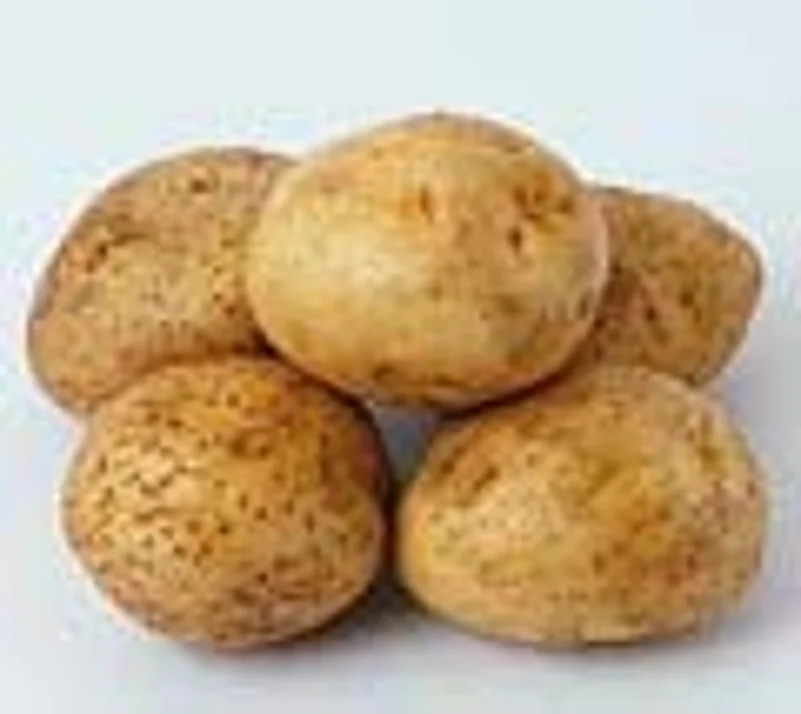
Potato Scrub clean under running water. Peel and remove eyes (those are pesticide residue spots) and green discoloured bits. Cut and soak in water for at least half hour. Rinse again. Now cook at 150° C for 45 minutes. Your potatoes are almost safe.
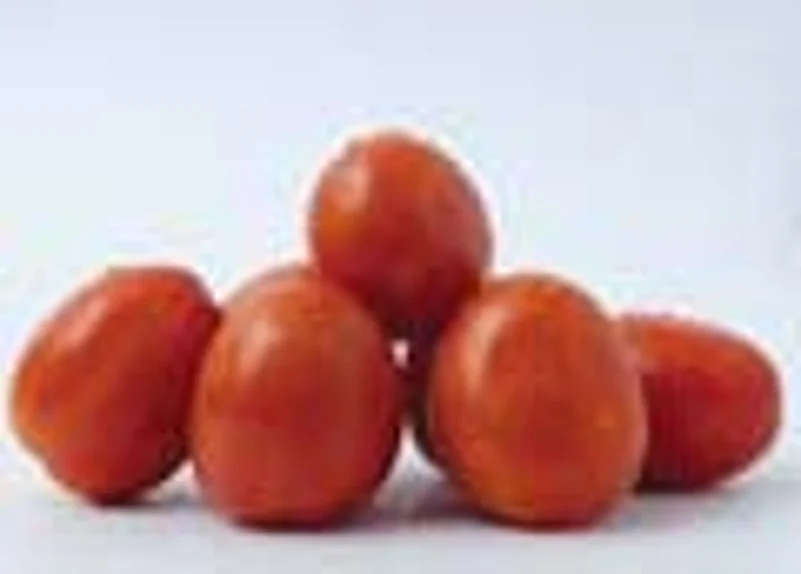
Tomato Forget about eating them raw. Remove calyx (the hard, green bit at the bottom). Wash and boil at 100-150° C.
Spinach
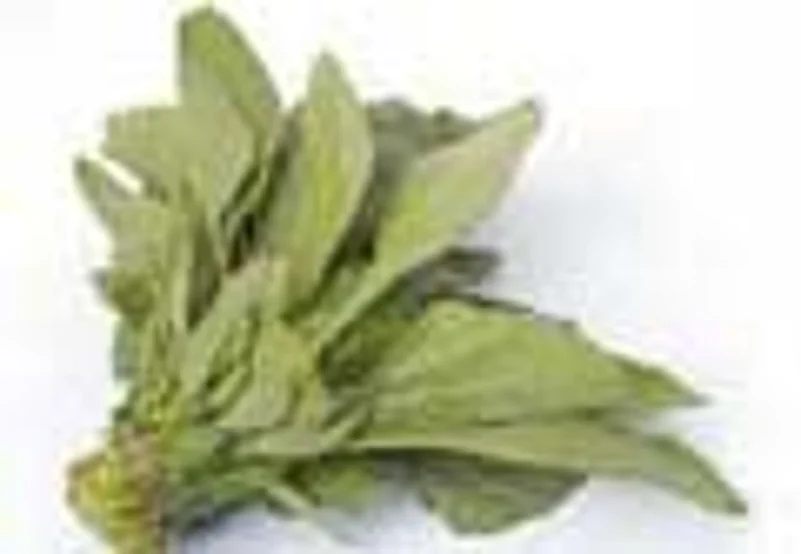
This is tricky stuff, because the pesticide is mostly on the leaves. Try dunking it in a bucket of water before you do anything with it. Then drain, dry and separate leaves from stem. Soak it again, this time in salt solution. Then try steam cooking it.
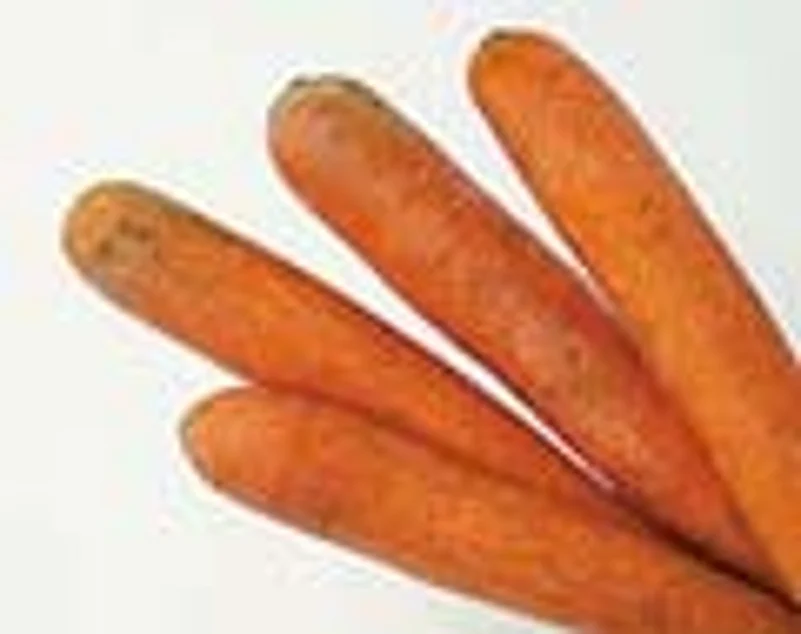
Radish/Carrot If you must eat them raw, peel thickly—scraping is not enough. Wash/scrub several times. Then soak in salt solution. But boiling at high temperature is better.
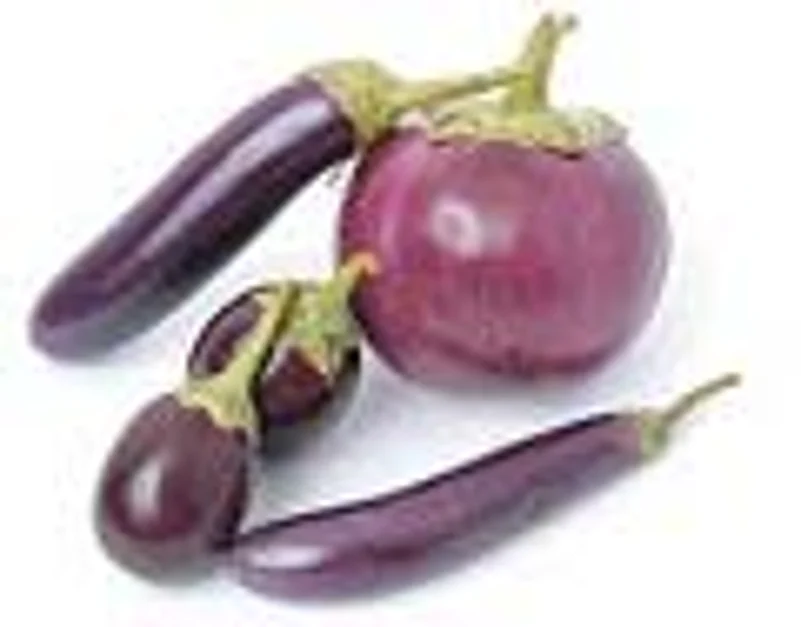
Brinjal All that shines may be bad for your health, especially brinjals—they may have been dipped in carbofluorine to get that sheen. So off with the peel. Then cook at high temperature.
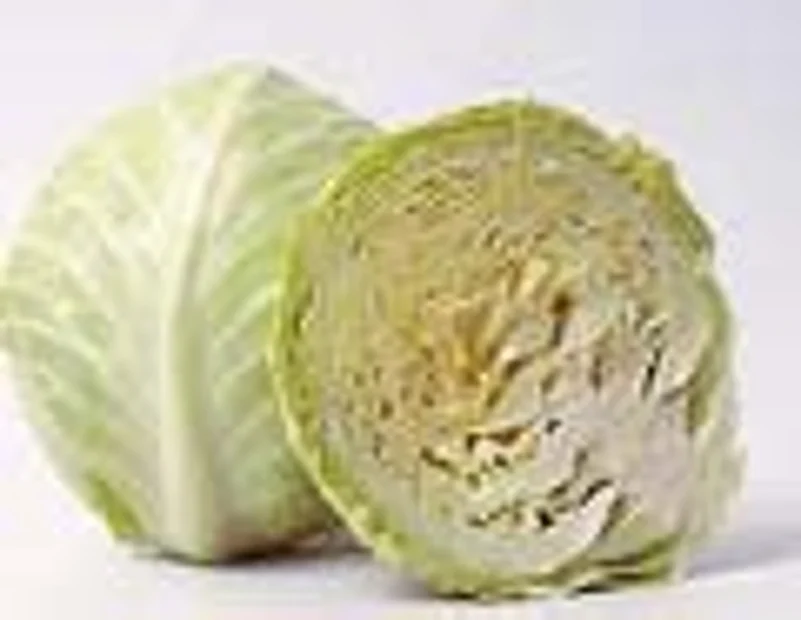
Cabbage Remove stem and outer leaves and you have hopefully got rid of most of the pesticide residue. Cut into sections, soak in salt water for 20 minutes, that will get rid of tapeworm. Rinse, drain and then chop. Now boil it as long as you can bear to and hope for the best.
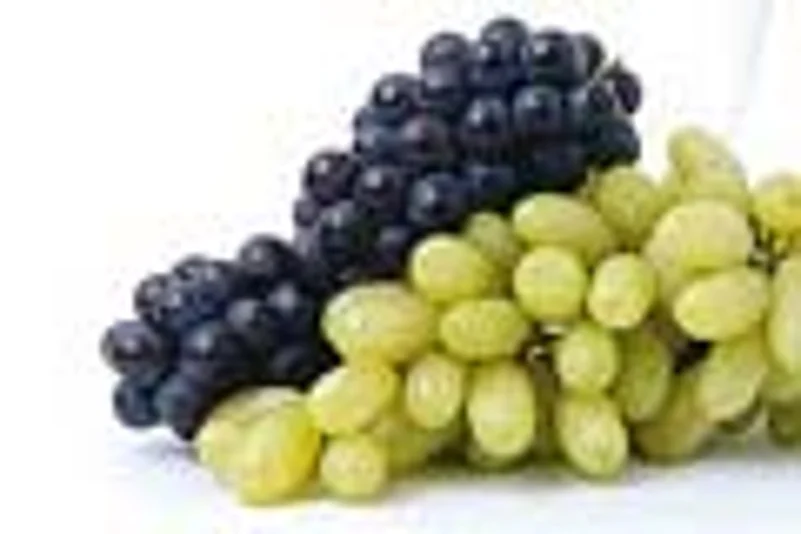
Grapes Grape growers usually avoid eating them—this is one of the top pesticide suckers. But if you can’t resist them, try washing in mild soap solution. Rinse, dry and soak for at least one hour in salt solution. Drain, wipe dry.
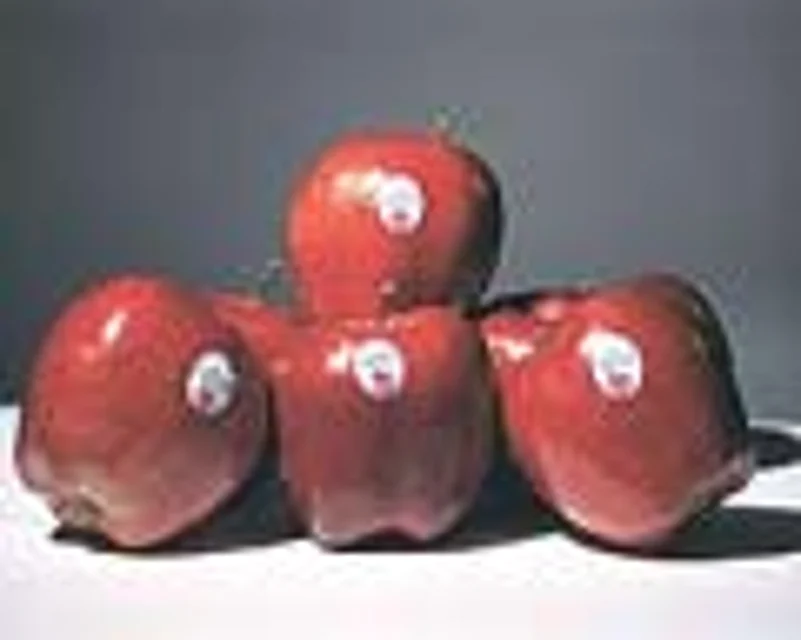
Apple Forget about an apple a day keeping the doctor away. Eat at your risk, especially the imported ones. No one knows how contaminated they may be because there’s no monitoring. You could try removing the stem, peel and halve it, remove core and seeds, then wash in mild soap solution and rinse thoroughly. If it puts you off apples forever, you’re at least safe.
Mango
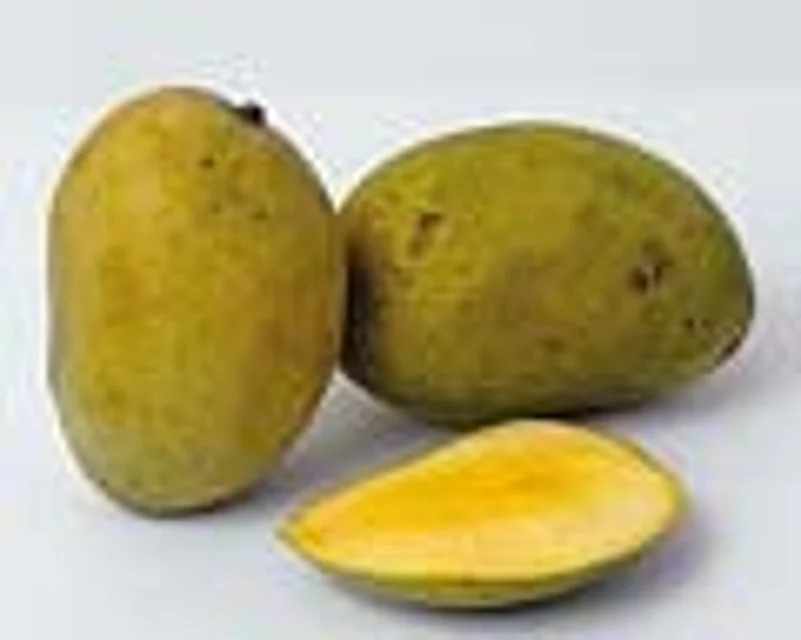
Watch out for the brightly coloured ones—they could be artificially ripened with calcium carbides. Follow grandma’s way: buy fruit which is still unripe and ripen it under straw or newspapers. Wash and scrub thoroughly.
Spices
Contaminants Artificial dyes, mycotoxins (from fungal growth), pesticides
Health Hazards Unknown
Remedy
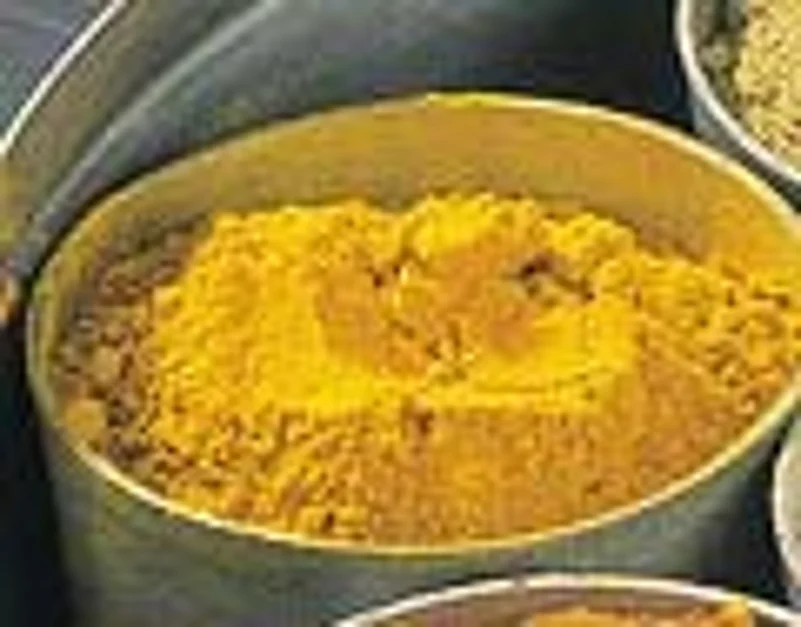
Haldi That bright yellow turmeric at the corner store is too yellow to be true: it may have lead chromide in it to give you that irresistible colour. If you have the time and the terrace, buy turmeric roots, wash, sun and grind them at home.
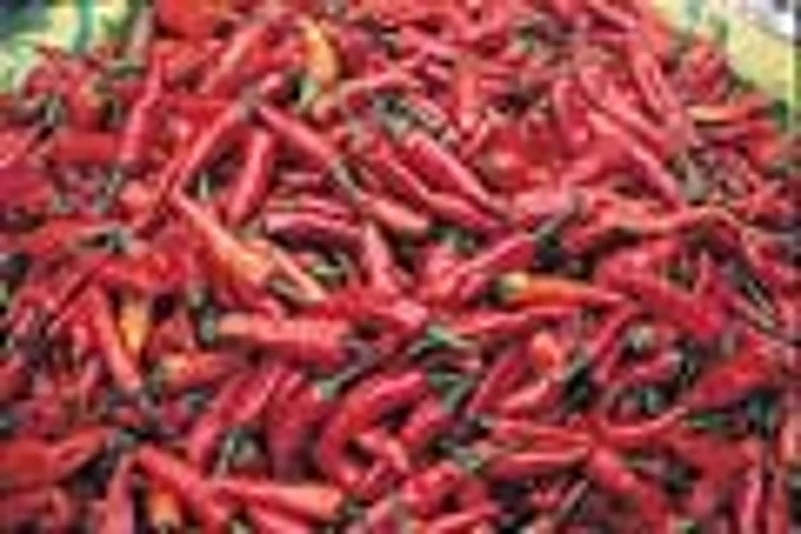
Chillies That fiery red is from Sudan Dye. You could try home-ground chilli powder, after tearing open every chilli to check for fungus. Theaflatoxins that are bouncing back our export stocks come from the fungal infection.
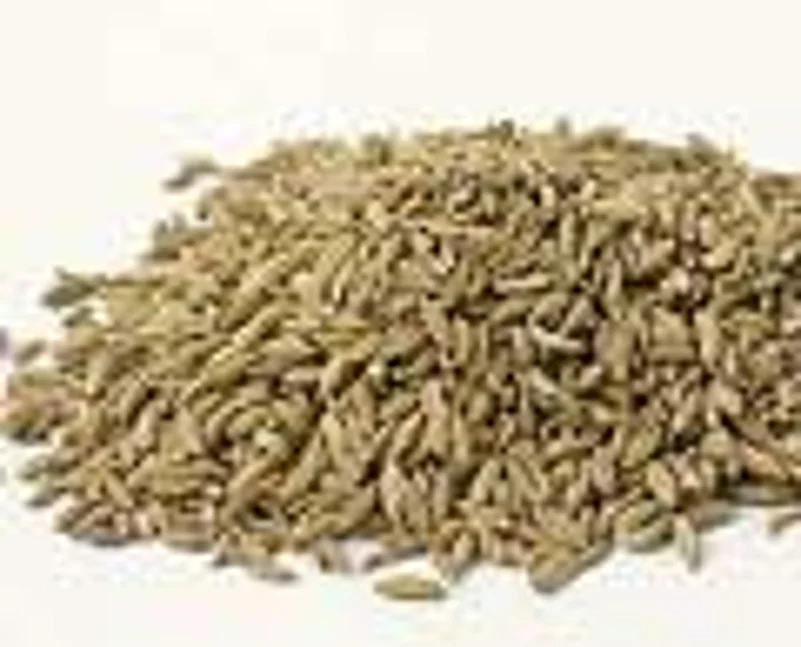
Black cumin/pepper/ cardamom/ cinnamon/ coriander/ fennel Always buy whole rather than powder. Scrutinise each time you use for fungal growth or insect bites —if you see it, trash it, never mind the expense.
By Sugata Srinivasaraju and Jaideep Mazumdar


























